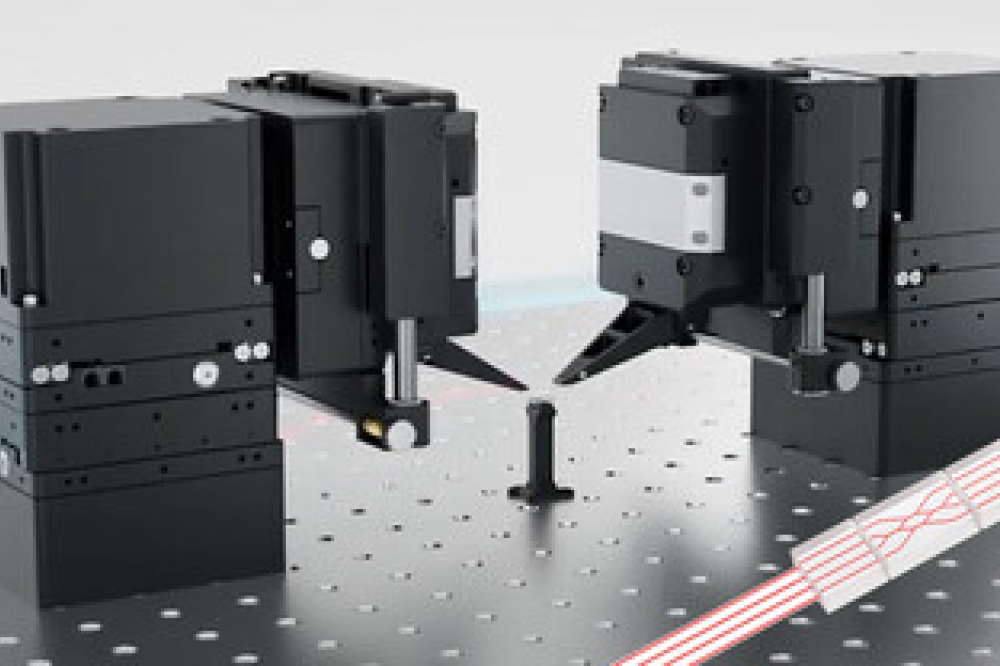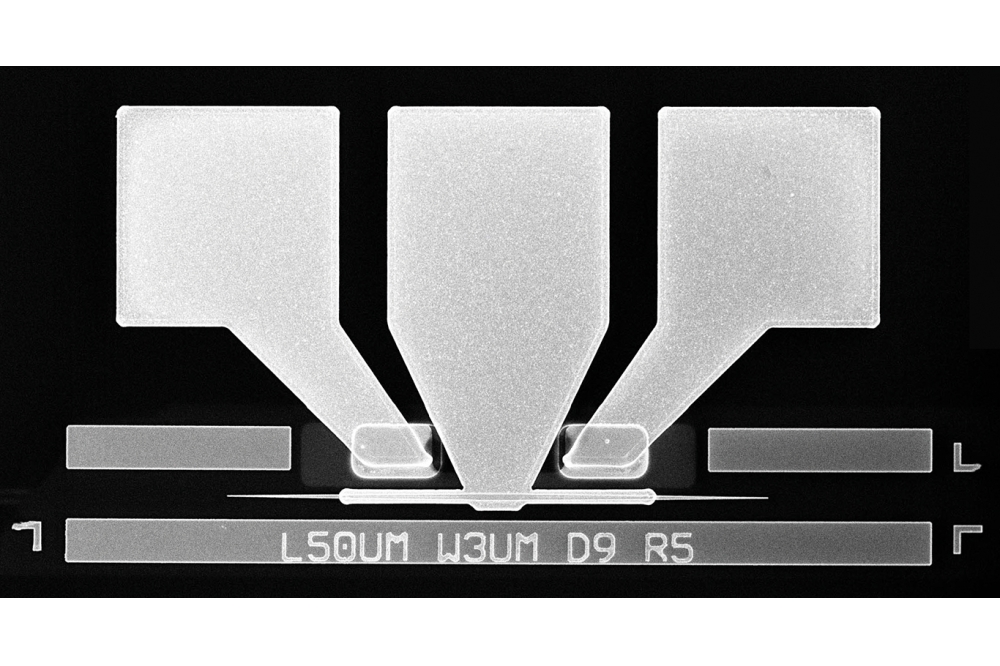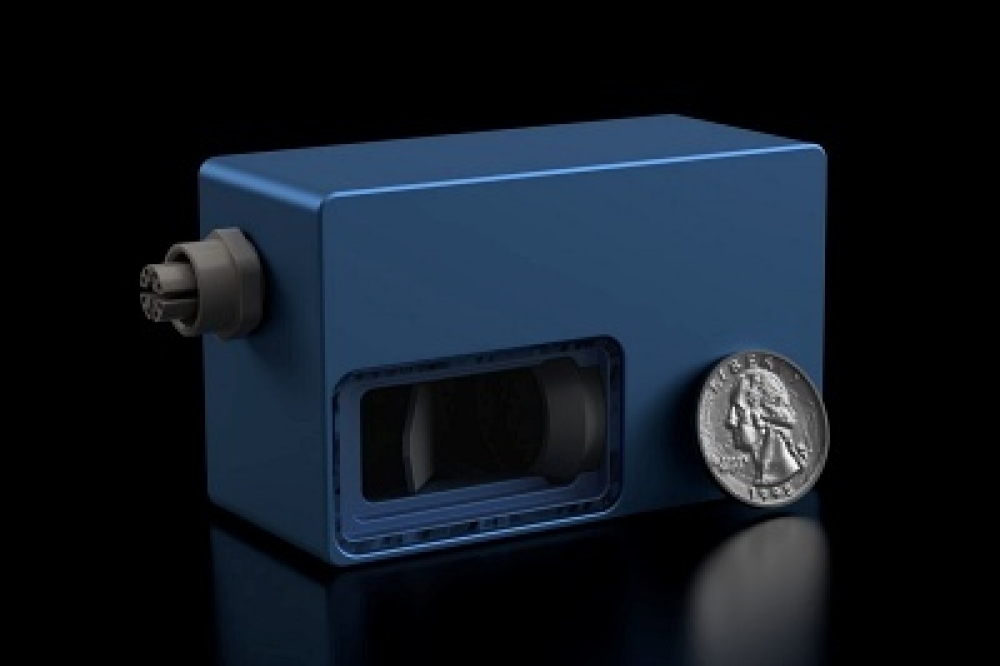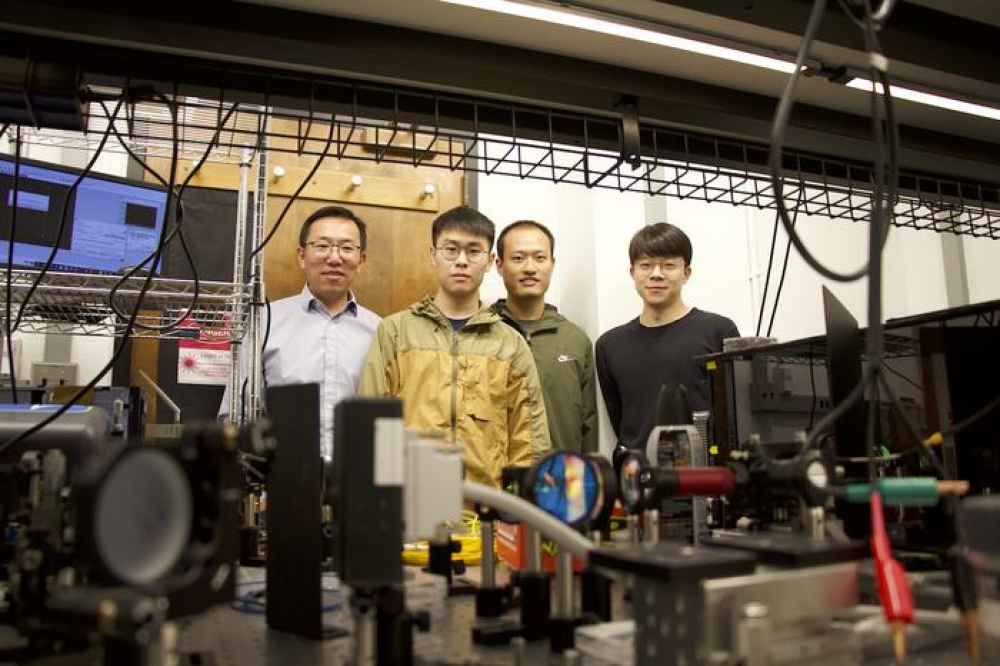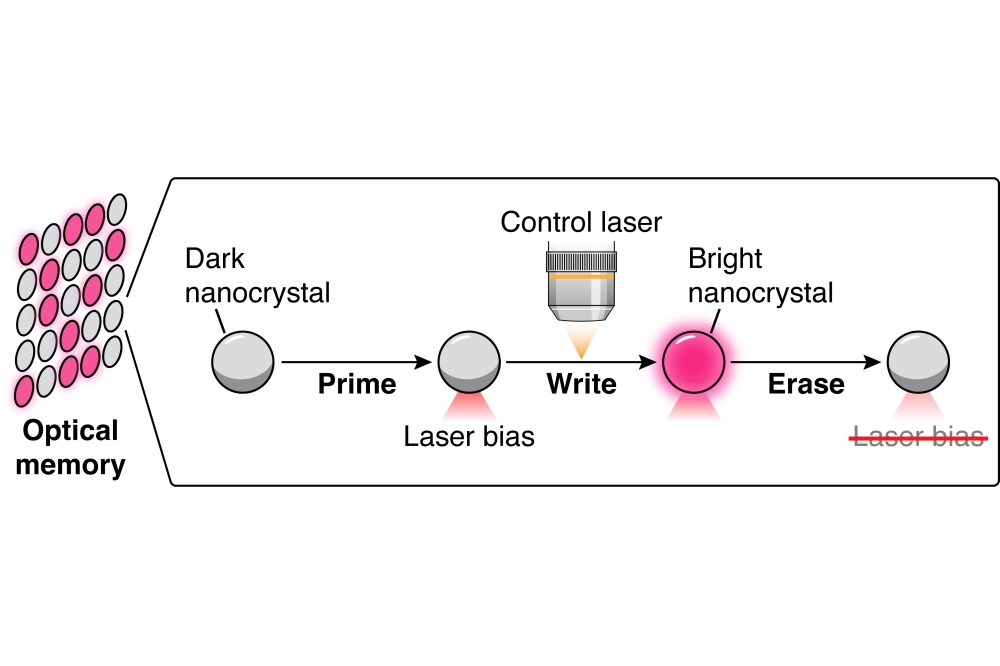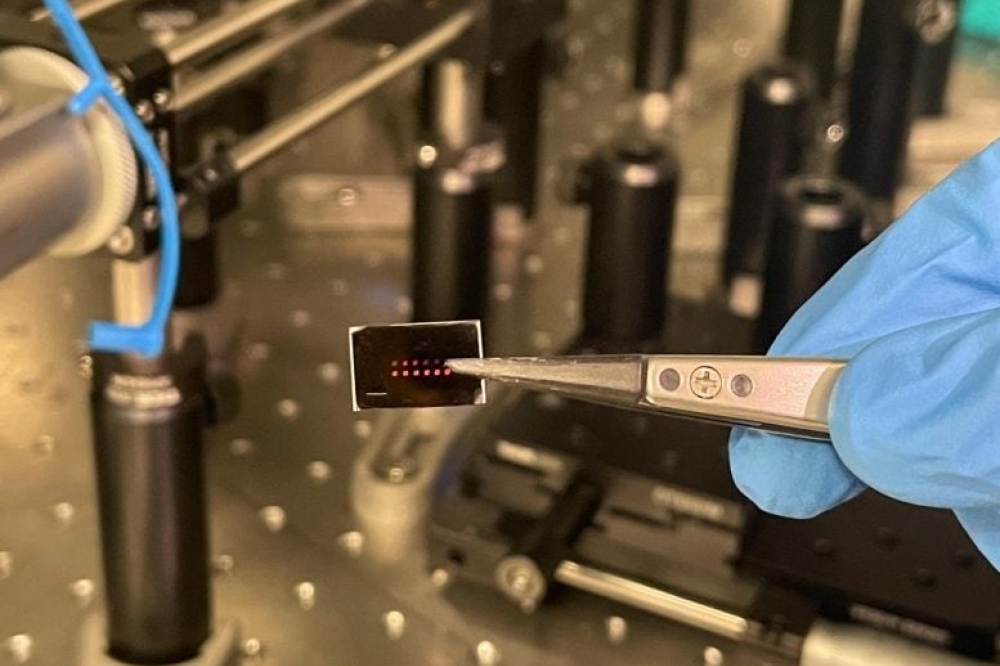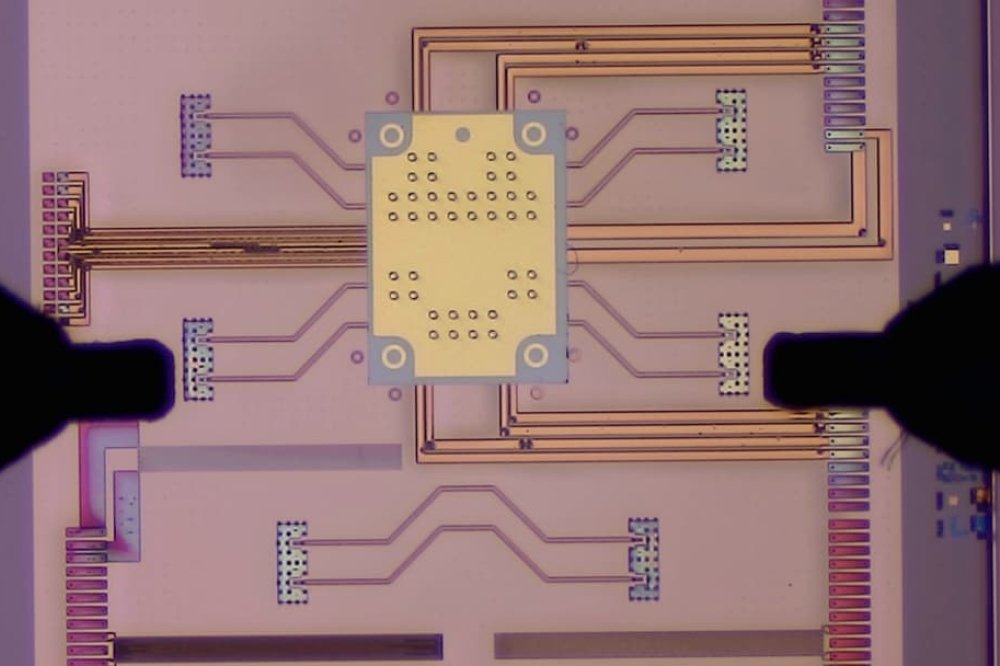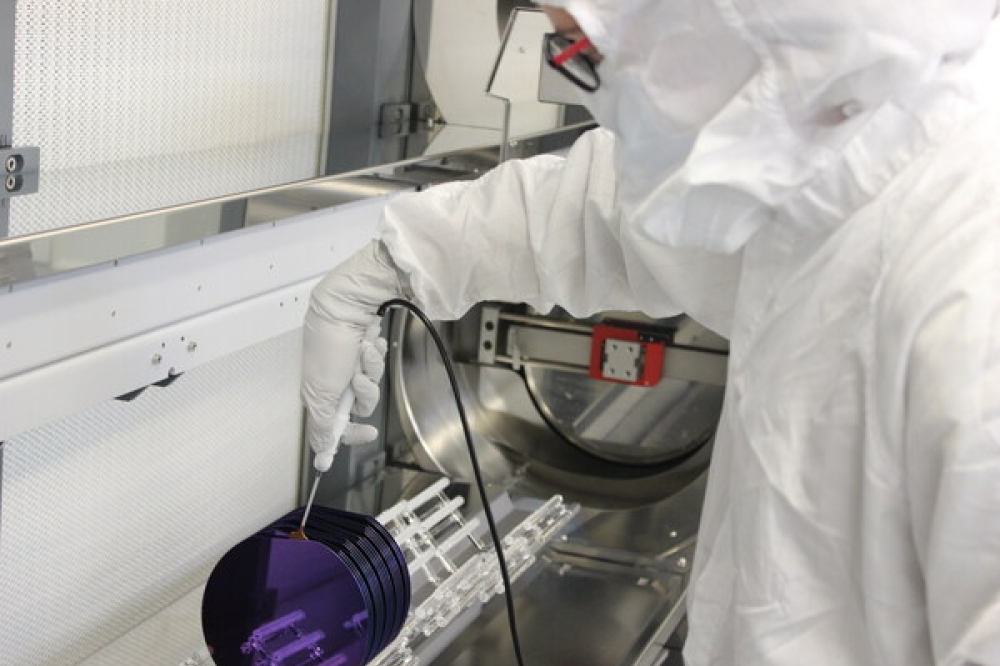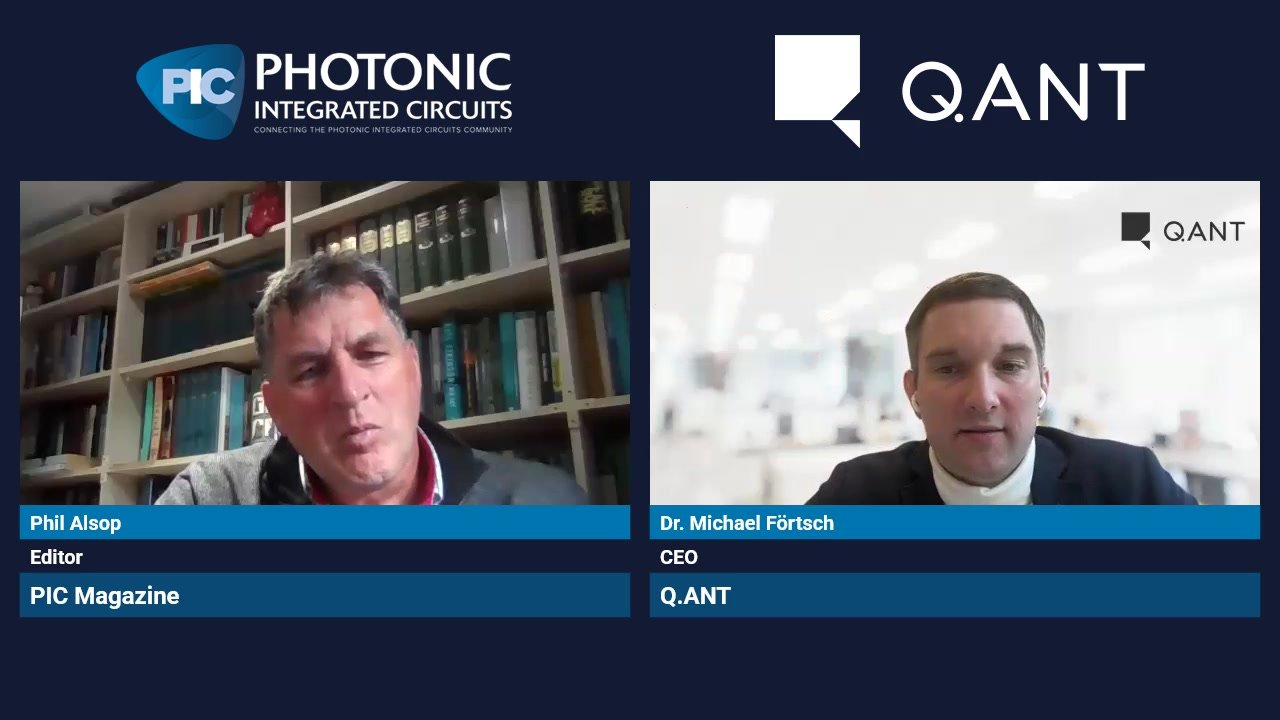Lightwave Logic Demonstrates New Polymer PIC Modulators

Lightwave Logic has announced that it has successfully demonstrated new packaged polymer optical modulators designed for 50 G/bps applications. The company worked with its packaging partner in developing the new devices. Company CEO, Dr. Michael Lebby, will speak about polymer modulators and related topics at PIC International, 10-11 April 2018 in Brussels, Belgium.
Lightwave explained as part of its product development announcement that modulators are critical components of data and telecommunications networks that convert digital information into pulses of light for transmission over fiber optic networks. The company believes that polymer modulators have significant cost and performance advantages over current legacy devices which are based on inorganic crystalline materials such as silicon and indium phosphide. Devices such as Lightwave Logic's new modulators are important to data and telecom industries and efforts to further incorporate photonic integrated circuits (PICs) into data transport systems and networks, they noted.
Lightwave Logic stated that over the past 6 months, the company's technical team in concert with their packaging partner completed the new modulator design with careful attention paid to optical and electrical signaling issues. These accomplishments not only represent an important technological step for the company but also advances its commercialization efforts. Further optimizations are expected to be made between the package and the polymer modulator to fine-tune performance parameters of prototypes before customer evaluations can begin, they stated.
Dr. Lebby said about the new modulators, "packaging devices, whether they be semiconductor silicon or indium phosphide, is always a multi-disciplinary engineering challenge, and similarly for polymer materials. This achievement is consistent with the timeline we indicated at the annual shareholders meeting in May 2017. Our team has addressed difficult engineering challenges successfully and efficiently, enabling us to produce what we consider to be world-class engineering solutions in the polymer photonics field."
"We firmly believe that our new and innovative packaging platform will allow us to scale our polymer-based PIC (P2IC™) platform with our Mach-Zehnder ridge waveguide modulator design as well as other photonics devices competitively in the 100 G/bps and 400 G/bps datacom and telecommunications applications market," Lebby added.
The PIC International Conference focuses on key issues and opportunities that are driving dramatic growth within the photonic integration industry; the conference agenda can be found at the following URL: http://picinternational.net/agenda
Lebby's invited talk will be based on a previously published abstract entitled, "˜Scalable PIC platforms: The impact of Using Polymer PICs for 100 and 400 G/bps Datacom Applications.' The presentation will focus on the fast growth of integrated photonics both in data centers, telecom, and non-communications applications. It will also explore the increased growth being driven by new opportunities for scalable PIC platforms.
Dr. Lebby is expected to show the increased data-rates, scalability and lower cost structures that Lightwave Logics' polymer-based PICs will offer based on 50 G/bps data rates and also provide an update on the World Photonics Roadmap process to explore how 50 G/bps polymer-based PICs can positively impact the data communications community.
Additionally, Dr. Lebby will present Lightwave Logic's latest results of its polymer-based PIC technology-- specifically, the advancement of its Mach-Zehnder ridge waveguide packaged-modulator designs for 50 G/bps operation using a polymer PIC platform (P2IC™) technology.
Dr. Lebby noted, "To be invited at the world's largest and most prestigious PIC conference is an honor, but also an opportunity for Lightwave Logic to show our high-performance 50 G/bps polymer modulator platform and how it will positively impact data interconnects in the fiber data communications market. Our world-class technical team has made excellent progress over the past year and has developed new technology that will enable advanced PIC performance."



